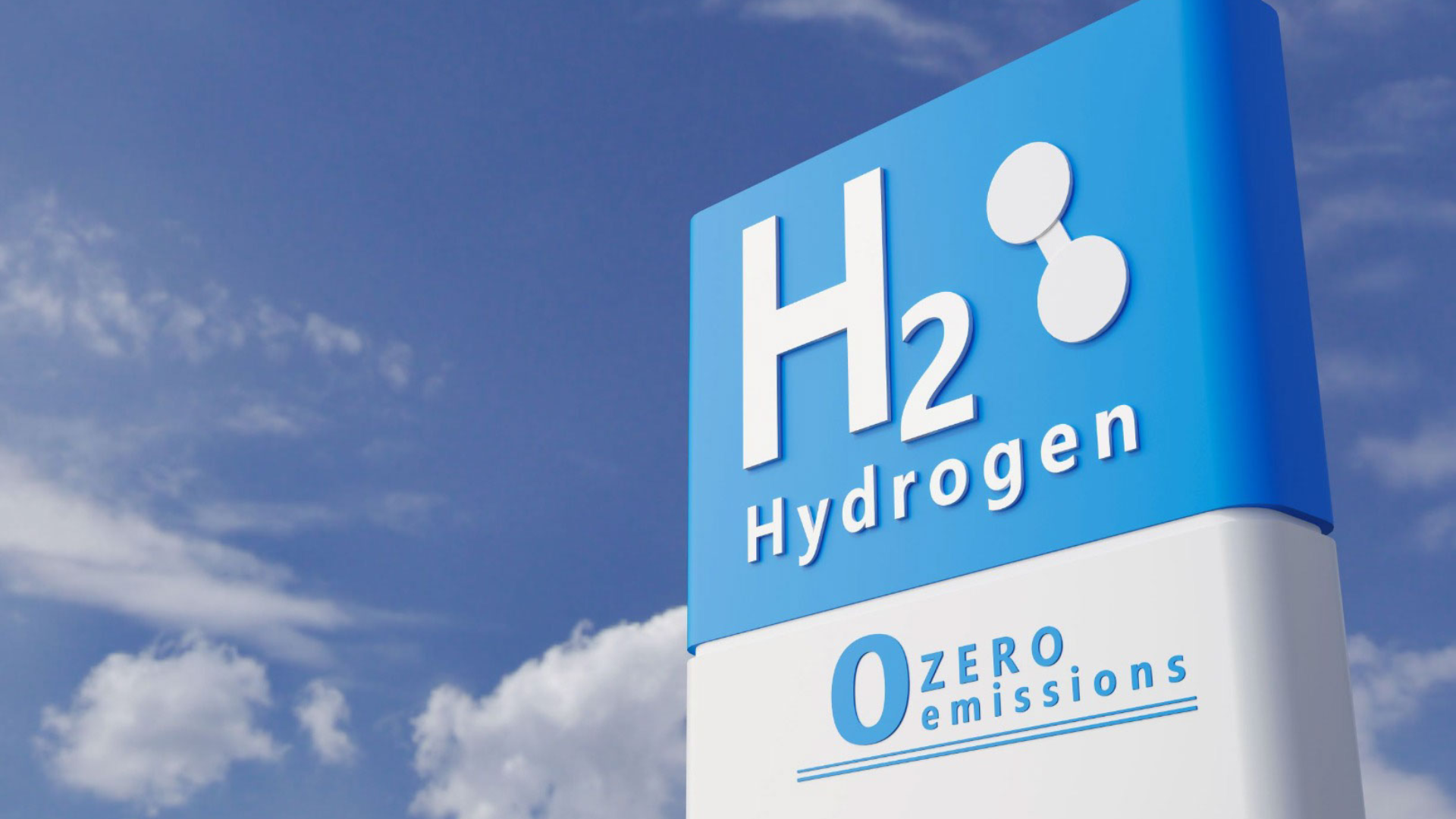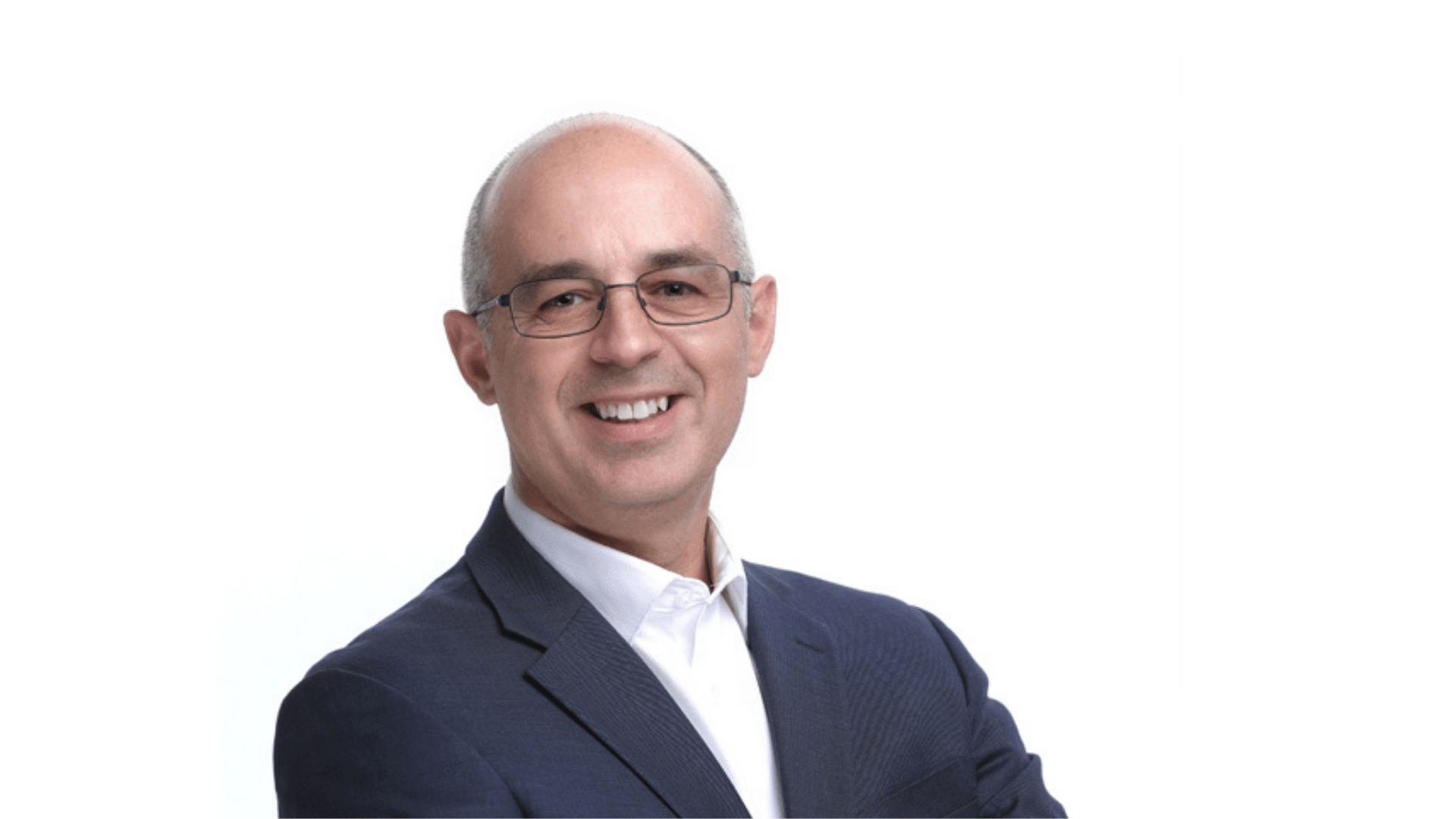If the electricity used for its production comes from renewable energy, hydrogen can be used as a CO2-neutral and competitive energy source by industries, transport, commerce and households. However, this requires an efficient, durable and reliable electrolyser.
In the Canadian-German joint project “Model Development to Increase the Efficiency of Electrolysers” (3 + 2 Hyer), which is funded by the German Federal Ministry of Education and Research (BMBF), SEGULA Technologies Germany is responsible for developing the electrolyser test rig and stack testing. The project team aims at developing an AI-supported diagnostic model that calculates the service life of an electrolyser and its performance under dynamic conditions in order to provide an optimised techno-economic operating strategy. In this way, the performance, service life and reliability of the electrolyser are to be qualitatively represented and improved.
For the model development, SEGULA Technologies, the industrial partner designs a customised test bench with the corresponding infrastructure. The National Research Council Canada (NRC) and the Hydrogen Research Institute of the Université Québec à Trois-Rivières will develop the stack, whereas Pulsenics Inc, a Toronto-based start-up, is responsible for developing the electrochemical characterisation tool for the stack. SEGULA Technologies not only tests the stack under different operating conditions to obtain real data on the ageing process at different power levels, but also optimises the electrolyser’s operating strategy with the help of its scientific partner, the Centre for Energy Technology (ZET) at the University of Bayreuth, using techno-economic simulations and optimisations. Based on the data collected in this way, a digital twin will then be developed and optimised at the Institute for Integrated Energy Systems at the University of Victoria, Canada and the NRC. Thanks to the expertise and cooperation of the international partners, new hardware and software solutions can be developed with the aim of reducing the costs of electrolysers during production and operation.
“Canada plays a leading role in the production of green hydrogen and in fuel cell development. We are therefore very pleased to be able to contribute our engineering and testing expertise to this research project, which is important for both of our countries.,” explains Dr. Stephan Wagner, project manager at SEGULA Technologies Germany.
“In the field of alternative drive systems, our experts have been successfully developing, integrating and testing fuel cell systems for many years. For us, delving into the field of hydrogen fuel generation is another logical step for the transformation towards renewable and sustainable technologies and brings us closer to sector coupling,” adds Dr. Holger Jené, Managing Director at SEGULA Technologies Germany. “The results from this research project can be used across sectors, industries and countries and serve as a basis for further decarbonisation of our energy consumption.”
SEGULA was a pioneer in research into carbon-free hydrogen and began its very first studies over 10 years ago, and has been actively working on the subject for the past years. The Group maps out the entire development process of fuel cells for the automotive industry, right through to series development. This ranges from the definition and input of parameters, simulation, system specification and procurement of materials to software development, testing on our own test benches and calibration as well as integration and validation through to type testing.
Press contact
SEGULA Technologies
Alexandra Dieterich – Alexandra.Dieterich@segulagrp.com








 FOR A BETTER EXPERIENCE
FOR A BETTER EXPERIENCE